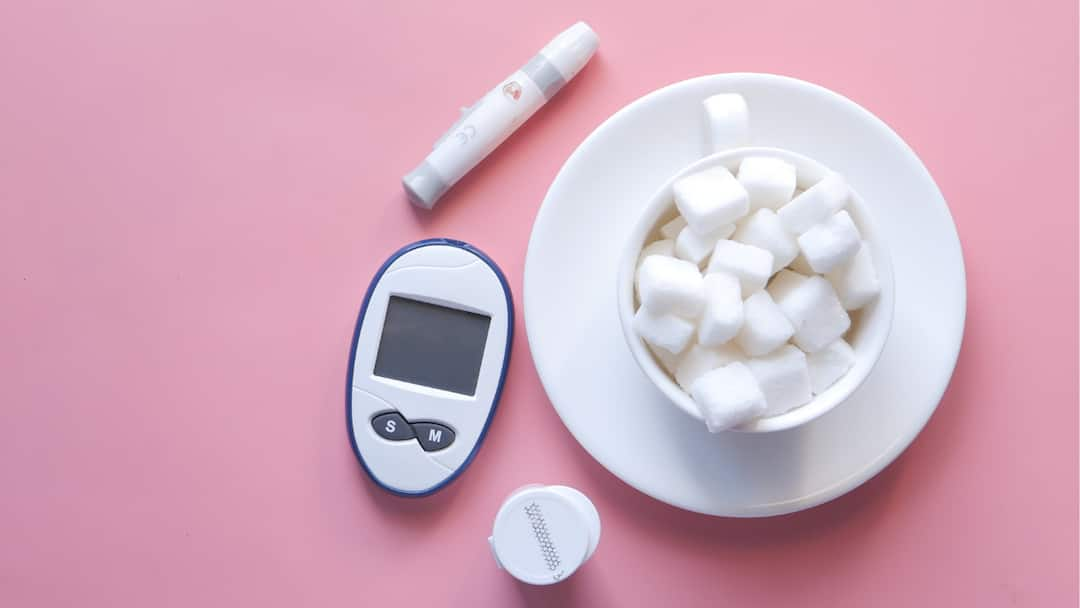(By Dr. Vrinda Agrawal)
Most people think of diabetes as a “sugar problem,” something that goes up and down depending on what you eat. But high blood glucose doesn’t sit quietly in the bloodstream. It moves through the body and affects almost every organ. Three systems feel that strain the most: the heart, the eyes, and the kidneys. Understanding this link helps you protect yourself long before complications show up.
ALSO READ: Understanding Autism Spectrum Disorder: Why Early Acceptance Matters More Than Early Diagnosis
Your Heart: The Silent Target
Diabetes puts steady pressure on blood vessels. When sugar stays high, the vessel walls become stiff and irritated. This makes it harder for the heart to pump well, raising the risk of high blood pressure, clogged arteries, and heart attacks.
Many people don’t realise that heart disease is the main cause of diabetes-related deaths. What makes it tricky is that heart trouble doesn’t always announce itself clearly. A yearly cardiac check, keeping cholesterol steady, and staying active can make a real difference.
Your Eyes: Vision Changes You Shouldn’t Ignore
The tiny blood vessels in the retina are very sensitive to high glucose. Over time, they can swell, leak, or close, a condition known as diabetic retinopathy. Early changes usually go unnoticed, which is why many people spot vision issues only after damage has already begun.
Blurry vision, dark patches, or trouble seeing at night are warning signs. A simple yearly dilated eye exam is one of the best ways to catch problems early, often before you notice anything yourself.
Your Kidneys: Filters Under Pressure
Your kidneys work like filters, clearing waste from the blood. High sugar makes them work harder than they should. Slowly, the filters weaken and begin leaking protein into the urine, often the first sign of diabetic kidney disease.
A quick yearly test is often enough to spot early kidney strain, well before you notice anything yourself. Drinking water through the day, keeping your pressure under control, and not letting your sugars swing too much can go a long way in easing the load on these filters that work for you nonstop.
A Whole-Body Condition Needs A Whole-Body Approach
Managing diabetes isn’t just about chasing a reading on the glucometer. It’s about caring for your blood vessels, your eyesight, and the organs that quietly hold the body together. When you keep up with routine checks, choose food thoughtfully, and stay active each day, you lower your chances of long-term complications and keep the condition under control, one steady habit at a time.
Dr. Vrinda Agrawal is Consultant Endocrinology at CARE Hospitals, Banjara Hills, Hyderabad
[Disclaimer: The information provided in the article is shared by experts and is intended for general informational purposes only. It is not a substitute for professional medical advice, diagnosis, or treatment. Always seek the advice of your physician or other qualified healthcare provider with any questions you may have regarding a medical condition.]
Check out below Health Tools-
Calculate The Age Through Age Calculator


